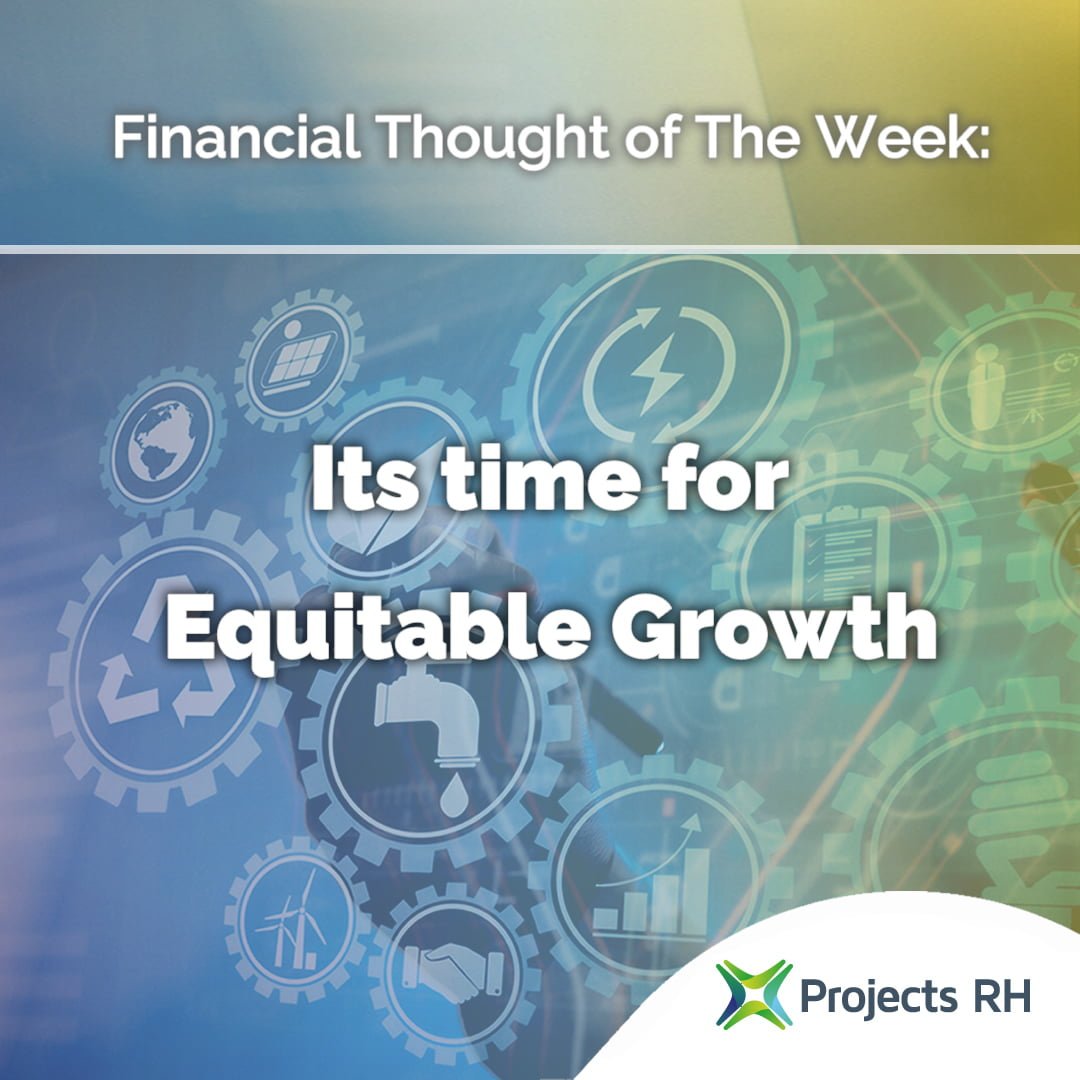The world is facing inflation but also experiencing growth and productivity. To maintain stability and social order, we need equitable economic growth. But, is the world ready to listen?
Expectations not met and regressed economies
The world is currently experiencing any inflationary cycle. In parallel with this, there are clear areas of growth, even productivity. What we need to see, however, is a balanced and stable growth in our economy so that stability is maintained and with this social order.
Dramatic distortions in our economies around the world will see political pressure and potentially change in national social order. There are several examples in the last decade in Latin America, of countries apparently doing well but not necessarily benefiting most of the population and thus the population calling for this to be addressed buy the voting in of left-wing governments. Having created huge expectations, these left-wing governments -one after the other- have failed to deliver and these economies regressed with less to share.
The Genie out of the Bottle
In the developed world we are living with relatively high inflation, Increasing interest rates, high commodity prices and high demands for labor. The argument continues to be, we need to increase interest rates as it is the only tool which central bankers have to address the genie of inflation and have tried to put her back in the bottle.
This is happening when many people in our nations feel alienated because of their views on the environment not being considered in the way they feel should be.
Others in the economy are concerned about migration and its impact on society. Also, the aging of our population is changing the distribution of wealth.
How “High” is the name of the game
Across the world we’re seeing high energy prices and other factors resulting in scarcity in many markets including wheat, timber, and beef. There is globally a debate that each nation is heading towards a technical recession and that central bankers have wanted to see demand reduced even at the cost of higher unemployment. They believe that this higher unemployment numbers will somehow reduce pressure on wages and therefore reduce underlying inflation.
Unfortunately for central bankers, they’re not central economic planners. Our world continues to see large levels of migration from the developing world to the developed world. In one sense this is good, in that it is offsetting the human birth rate in the developed world which in most countries without migration would be negative.
Even in post World War II economic logic, large migration would provide a large of supply of labor and keep cost down.
Around the world now wonderful health systems are ensuring people live longer lives and there are many people living in homes which were originally designed for families but today or occupied by one or two people. This is having two effects when combined with migration. The first of these is there is a demand for new housing which is not being met by construction and second, there is increasing pressure for larger numbers of people to live closer to city centers. This is resulting in increasing house prices and higher levels of rent at the time main interest rates are high.
Second, in the developed world ageing parents no longer go to live with their children; rather they stay in their homes and are supported to do so by the state as this is much cheaper than putting them into aged care. The outcome of this, however, is that older homes are not becoming available to young families with children. Many countries are developing new suburbs which demand huge infrastructure to meet the demands of new young families, whilst underutilizing existing infrastructure.
This has caused academic economists and central bankers to look for new measures and the most relevant one of these is known as Equitable Growth Indicators (EGI’s). Work undertaken by the Federal Reserve Bank of New York demonstrates that today’s inflation is impacting across different parts of the economy differently, and that the single tool of increasing interest rates is not having a heterogenic effect. In short, different groups in the economy have different balance kits of goods and their prices are moving differentially.
Clearly, different workers have different capabilities of getting equitable adjustments for their cost-of-living increase. What we’re seeing in Australia, is that inflation for renters is rising faster than inflation for homeowners.
Moreover, lost interest rates are also impacting rental rates. The group experiencing the most concern with increasing inflation and interest rates are individuals between 25 and 34 years old with their first mortgage.
Nobody left behind
In our world inflation is impacting different segments in different ways within the economy. What is in the interest of people will impact on how they vote. If we wish to maintain an homogeneous society, we need to ensure that nobody is left behind. Globally, we’re seeing people voting for those that represent their interests and this is challenging the dominance of the traditional political parties around the world, including developed nations.
We clearly need to get inflation under control but in this process, we cannot afford to leave large groups within our community behind. If this is done it is done at the peril of the existing economic and political system.
By Paul Raftery – CEO, Projects RH, based in Sydney.
If you have any questions www.paul.raftery@projectsrh.com or +61 451 523 547.
———————————-
Source: Rajashri Chakrabarti, Dan Garcia, and Maxim Pinkovskiy, “The EGIs: Analyzing the Economy Through an Equitable Growth Lens,” Federal Reserve Bank of New York, Liberty Street Economics, July 6, 2023.
Clearly, different workers have different capabilities of getting equitable adjustments for their cost-of-living increase. What we’re seeing in Australia, is that inflation for renters is rising faster than inflation for homeowners. And lost interest rates are we impacting somewhat on rental rates the party experiencing the most concern with increasing inflation and interest rates are individuals between 25 and 34 with their first mortgage.




